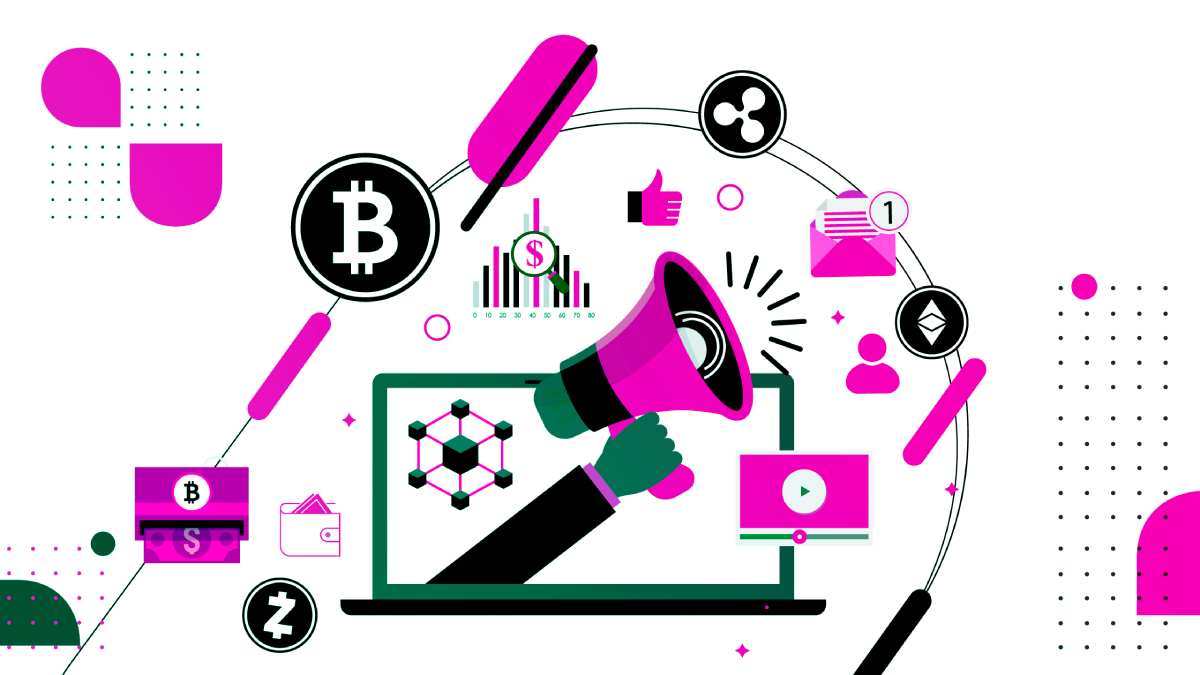Being judged is the process of forming an opinion or making an assessment of someone based on their behavior, actions, or appearance. It is a common social phenomenon that occurs when people make assumptions about others without fully understanding their circumstances or personal experiences.
The problem with being judged is that it can lead to negative stereotypes, discrimination, and prejudice. When people judge others based on their appearance or behavior, they may form incorrect assumptions that can lead to harmful behaviors or actions. For example, an individual who is judged based on their race or ethnicity may experience discrimination in employment or education, while a person who is judged based on their sexual orientation may face harassment or bullying.
Judgment can also lead to social isolation and emotional distress. When individuals feel judged or misunderstood, they may withdraw from social situations or experience anxiety and depression. This can impact their mental health and well-being and make it difficult for them to connect with others.
Overall, being judged can be a significant social problem that affects many individuals and communities. It is important to understand the root causes of judgment and work towards promoting empathy, acceptance, and understanding in order to build more inclusive and equitable societies.
Here is a draft of a possible plan for writing an essay on being judged:
Of course, this is just a suggested plan and the structure and content of the essay may vary depending on the writer's preferences and the requirements of the assignment.
Here are some psychological facts about being judged with sources:
Studies have found that fear of being negatively judged by others can lead to anxiety and avoidance of social situations. This fear is often linked to feelings of shame and low self-esteem. (Source: https://www.ncbi.nlm.nih.gov/pmc/articles/PMC3116818/)
Research has shown that the experience of being judged or rejected activates the same brain regions that are involved in processing physical pain. This suggests that social rejection can be just as painful as physical injury. (Source: https://www.ncbi.nlm.nih.gov/pmc/articles/PMC4780146/)
A study found that when individuals perceived that they were being judged by others, their cognitive performance decreased. This effect was particularly strong for those who were highly self-critical and had a tendency to ruminate on negative thoughts. (Source: https://journals.sagepub.com/doi/abs/10.1177/0963721411411636)
When we feel judged or criticized by others, it can lead to negative self-talk and self-criticism. This can, in turn, lead to feelings of shame and low self-esteem. (Source: https://www.ncbi.nlm.nih.gov/pmc/articles/PMC4466546/)
Research has shown that practicing self-compassion – being kind and understanding towards oneself – can help reduce the impact of negative judgment and criticism from others. This can lead to greater emotional resilience and well-being. (Source: https://www.ncbi.nlm.nih.gov/pmc/articles/PMC5618057/)
Overall, these psychological facts suggest that being judged can have a significant impact on our emotions, thoughts, and behaviors. However, there are ways to reduce the impact of negative judgment and criticism, such as practicing self-compassion and building emotional resilience.
Let us mention some quotes from famous people about being judged:
"You have enemies? Good. That means you've stood up for something, sometime in your life." – Winston Churchill
"If you judge people, you have no time to love them." – Mother Teresa
"Our job is not to judge. Our job is not to figure out if someone deserves something. Our job is to lift the fallen, to restore the broken, and to heal the hurting." – Joel Osteen
"I will not allow anyone to judge me according to their own standards." – Maya Angelou
"Don't judge each day by the harvest you reap but by the seeds that you plant." – Robert Louis Stevenson
Sources:
It was the first day of high school, and I was excited to start a new chapter in my life. I was eager to meet new people and make new friends. But as soon as I walked into my English class, I felt like all eyes were on me.
I was one of the only students of color in the class, and I could feel the stares of my classmates as I took my seat. As the teacher went around the room, asking each student to introduce themselves, I could feel my palms sweating and my heart racing.
When it was my turn to speak, I stumbled over my words, and I could feel the judgment of my classmates weighing heavily on me. It was as if my accent and my skin color were enough to make me an outsider in their eyes.
As the days and weeks went on, I tried my best to fit in. I joined clubs and extracurricular activities, and I tried to be friendly and outgoing to my classmates. But no matter what I did, I always felt like an outsider.
It wasn't until I met a group of students who were also from diverse backgrounds that I started to feel like I belonged. They understood what it was like to be judged based on appearances or accents, and they welcomed me with open arms.
Through their support and friendship, I learned to embrace my identity and to be proud of who I was. I realized that the judgments of others did not define me, and that I had the power to create my own narrative and to write my own story.
Looking back on that experience, I realize that being judged can be painful and difficult, but it can also be a powerful motivator to find your own voice and to stand up for yourself. With the support of friends and loved ones, anything is possible.
Sophie had always been a shy girl, but she was excited to start college and make new friends. She was thrilled to be accepted into her dream school and couldn't wait to start her freshman year.
But as soon as she arrived on campus, she felt out of place. Everywhere she went, she could feel the judgmental stares of her classmates. They were all so confident and outgoing, while she felt small and insignificant.
Sophie tried her best to fit in. She joined clubs and attended social events, but no matter what she did, she couldn't seem to make any real connections. It was as if everyone else already had their cliques and didn't have any room for her.
One day, Sophie overheard a group of girls talking about her. They were making fun of her clothes and her hair, and they were laughing at how quiet and reserved she was. It was like a punch to the gut.
Sophie felt like running away and hiding, but instead, she took a deep breath and confronted them. She told them that their words were hurtful and that she deserved to be treated with respect. To her surprise, they actually listened to her and apologized for their behavior.
From that moment on, Sophie began to stand up for herself more often. She found her voice and learned to speak up when she felt like she was being judged unfairly. It wasn't always easy, but with each passing day, she grew more confident and self-assured.
As the years went on, Sophie became a leader on campus. She started her own club for shy students and helped other young women find their voice. She even gave a speech at graduation, encouraging her classmates to embrace their differences and to never let anyone else define their worth.
Sophie had come a long way from the shy, scared girl who first stepped onto campus. She had faced judgment head-on and emerged stronger and more resilient. And she knew that no matter what life threw her way, she had the strength to handle it.

23/01/2024

24/09/2023

16/09/2023

23/08/2023

27/04/2023

16/04/2023

15/04/2023

31/03/2023
26/03/2023
26/03/2023
25/03/2023
24/03/2023
24/03/2023
23/03/2023
22/03/2023
21/03/2023
20/03/2023
19/03/2023
18/03/2023
17/03/2023
16/03/2023
15/03/2023
14/03/2023
13/03/2023
12/03/2023
11/03/2023
10/03/2023
09/03/2023
19/02/2023

02/12/2022

02/12/2022

02/12/2022

07/10/2022
27/08/2021
27/08/2021
27/08/2021
27/08/2021
27/08/2021
27/08/2021
27/08/2021